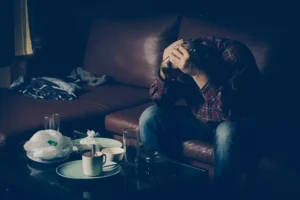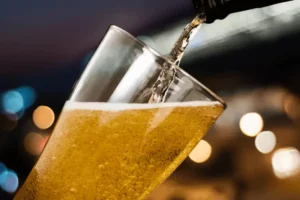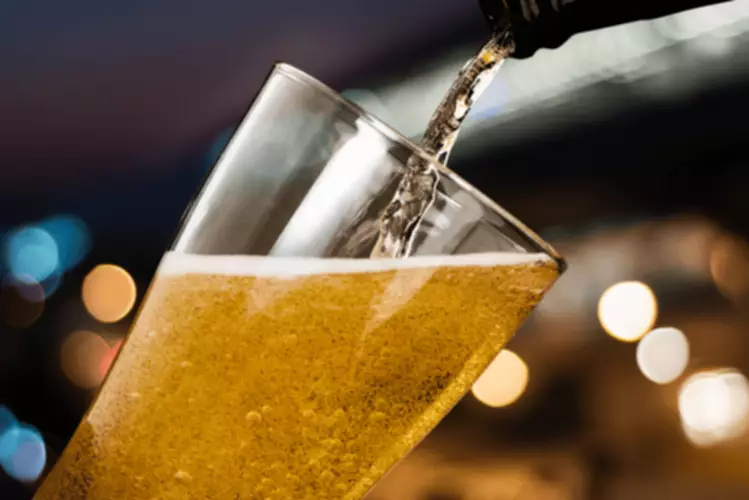During the 12- to 24-hour time frame after the last drink, most people will begin to have noticeable symptoms. These may still be mild, or the existing symptoms might are alcohol withdrawal seizures dangerous increase in severity. There is no exact timeline for alcohol withdrawal, and individual factors, such as the level of dependence on alcohol, will influence it.

How alcohol withdrawal delirium is treated
- These side effects of Ativan may be temporary, lasting a few days to weeks.
- Call your doctor right away if you develop serious side effects while taking Ativan.
- If you drink daily, your body becomes dependent on alcohol over time.
- If you’re prescribed Ativan oral tablet, ask your doctor or pharmacist whether it’s OK to split the tablets.
People who experience severe withdrawal symptoms or DTs may require hospitalization or intensive care unit (ICU) treatment during alcohol. Treatment can occur in various settings, such as the emergency room, outpatient clinic, intensive care unit, or detoxification facility. Consequently, the interprofessional healthcare team must ascertain the most suitable setting based on a patient’s symptoms. Ativan and other benzodiazepines are considered first-choice preferred treatment options for alcohol withdrawal. These medications are proven to treat and prevent alcohol withdrawal symptoms, including lowering the risk of seizures and delirium.
- Ethanol is the key ingredient in many alcoholic beverages, such as beer, wine, and spirits.
- We searched Pubmed for articles published in English on pharmacological management of alcohol withdrawal in humans with no limit on the date of publication.
- By making it easier for GABA to attach to its receptors, Ativan increases GABA activity and calms your nervous system.
- Inhibitory neurotransmitters prevent certain chemical messages from passing on.
Stage 4: 48 to 72 hours after last drink
Ativan (lorazepam) is a brand-name drug that your doctor may prescribe off-label for alcohol withdrawal. The drug isn’t approved for this use, but it has been shown to be helpful in treating alcohol withdrawal. Physical dependence is more likely to occur as your tolerance for alcohol, and therefore the amount you use, increases. Dependence occurs when your brain and body begin to need a minimum level of alcohol to function normally.1 You may have trouble focusing, sleeping, regulating your emotions, and so on if you have a physical dependence on alcohol.
- The “front‐loading” or “loading dose” strategy uses high doses of longer‐acting benzodiazepines to quickly achieve initial sedation with a self‐tapering effect over time due to their pharmacokinetic properties.
- These may still be mild, or the existing symptoms might increase in severity.
- A 2017 review found that a history of alcohol misuse increased the risk of post-traumatic epilepsy in people with traumatic brain injury.
- Treatment can occur in various settings, such as the emergency room, outpatient clinic, intensive care unit, or detoxification facility.
- The frequency and setting for outpatient monitoring of AWS should be guided by symptom severity, risk of complications, and social factors, including reliable social support and a safe home environment.
- These medications are proven to treat and prevent alcohol withdrawal symptoms, including lowering the risk of seizures and delirium.
- This syndrome can further progress to severe manifestations, such as alcohol withdrawal delirium, which poses significant diagnostic and management challenges.
Alcohol Withdrawal Delirium
A common benzodiazepine that a doctor may prescribe includes diazepam. During initial treatment, a person may receive a higher dosage of benzodiazepines to reduce symptoms and the urge to drink alcohol. After symptoms subside, a doctor will taper the dose until they determine the individual no longer requires medication.
- You don’t need to be diagnosed with alcohol use disorder in order to quit drinking.
- Alcohol withdrawal syndrome is a condition that occurs when an individual stops consuming alcohol after a long-term dependence.
- The main management for severe symptoms is long-acting benzodiazepines — typically IV diazepam or IV lorazepam.
- This article looks at the connection between alcohol, seizures, and epilepsy, as well as treatment options and support.
Supporting Long-Term Abstinence

